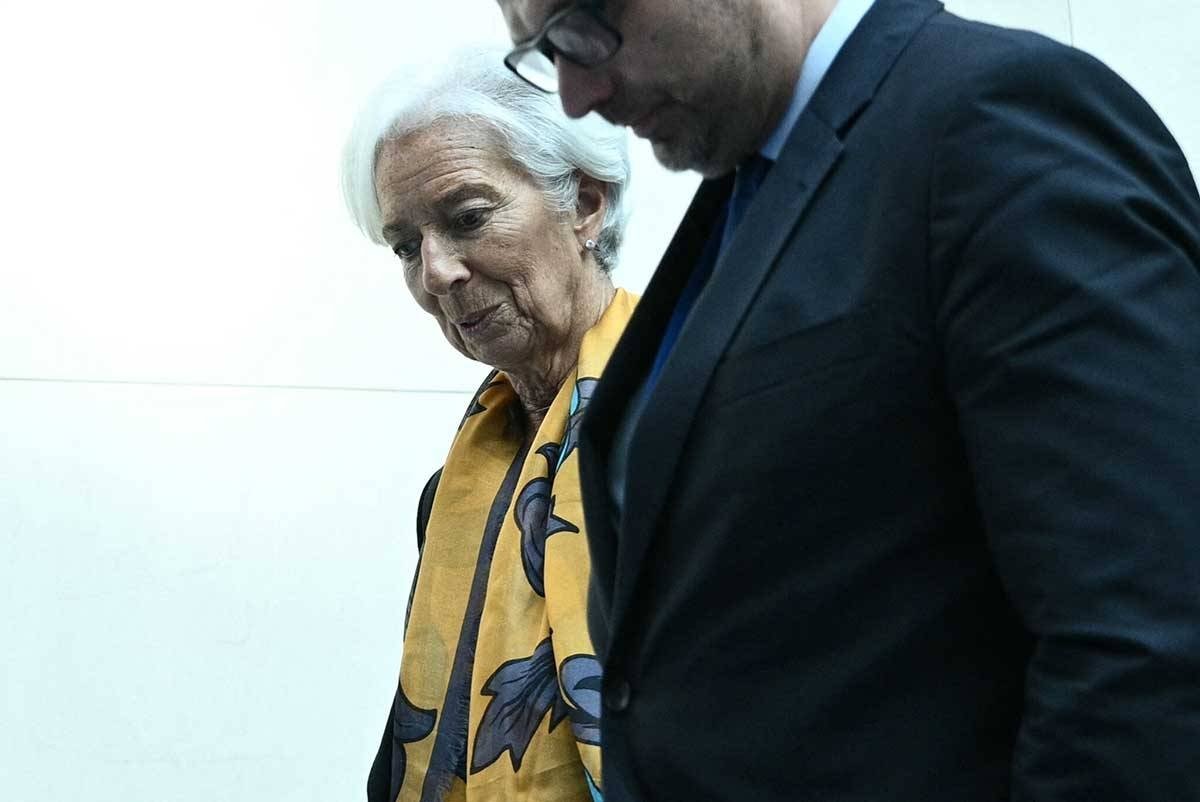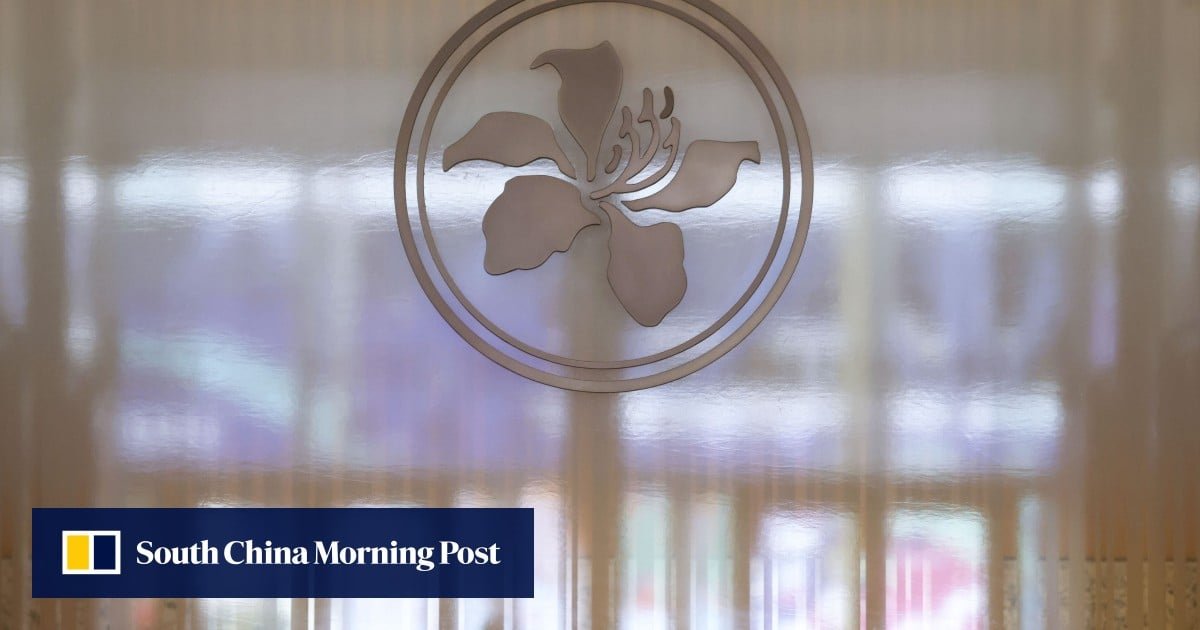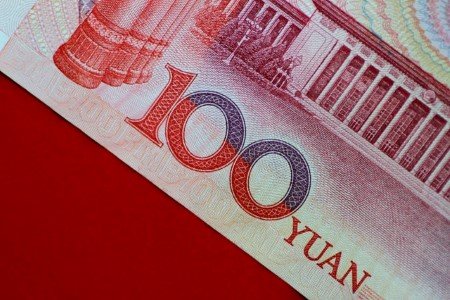WASHINGTON, D.C. — The European Central Bank (ECB) should keep a close eye on the rise in emerging currencies like the Chinese yuan, its president Christine Lagarde said on Wednesday at an event in Washington.
“The role of a currency should never be taken for granted,” the ECB president said during an interview with the Atlantic Council in Washington, on the sidelines of the annual meetings of the International Monetary Fund (IMF) and the World Bank.
“We have to be attentive and careful,” she said. “There are [phenomena] of rising movements concerning gold notably.”
CAUTIOUS European Central Bank (ECB) President Christine Lagarde walks inside IMF headquarters during the IMF-World Bank annual Fall meetings in Washington, D.C., on Oct. 24, 2024. Lagarde said the ECB should be ‘attentive and careful’ in the face of emerging currencies like China’s yuan. AFP PHOTO
“China has been buying gold like never before, Russia is supporting gold because it is extracting a lot of gold out of its underground,” she continued.
“And there are clearly attempts to push other currencies,” she said, adding that the Chinese yuan was currently “neck-to-neck with the euro on trade finance.”
Thousands of miles from the IMF in Washington, some 20 leaders associated with the Brics (Brazil, Russia, India, China, South Africa) group of countries are gathering in Russia, including Chinese President Xi Jinping.
The goal of the Brics meeting in Kazan is to develop trade links in particular by strengthening trade in local currencies rather than the US dollar or the euro.
In a meeting with former Brazilian president Dilma Rousseff, who now runs the New Development Bank the Brics-backed multilateral development bank Russian President Vladimir Putin reiterated his desire for an increase in settlements in national currencies between Brics countries.
In the face of Western sanctions, and with its main banks excluded from the Swift international payment system, Russia has been calling for an alternative system to counter the dollar’s hegemony.
“We need to be really attentive to developments around the world,” Lagarde said, noting that the US dollar still accounts for around 50 percent of transactions, and the euro for just under 20 percent.








